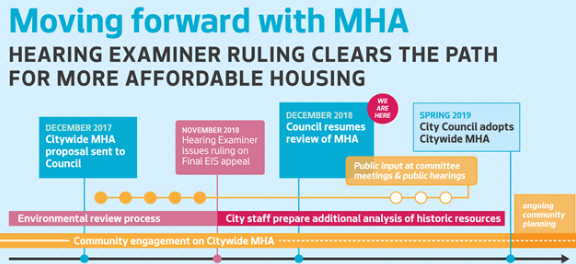#FareEnforcement (or: why Transit should be #FareFree)
Folks who follow me on the Twitter dot com have likely seen a common statement, sometimes at random occasions, others while quoting someone else’s tweet: Fare enforcement is a scam. It’s something that I wholeheartedly believe. Why? Because, frankly, we shouldn’t have fares for transit (and, to the extent we do, they should not be as cost-prohibitive as they are).
Of course, it’s easy to call-out Fare Enforcement as the racket it is for other reasons. For one, it costs more than it recovers. For two, there has been a demonstrated disparate impact on communities of color and individuals experiencing poverty. And, most recently, it’s been used to kick folks experiencing poverty off of transit into sub-freezing temperatures. These reasons alone are enough to stop wasting money on this program, and redirect those funds into improving service and experience.
But also: we already paid taxes for transit. And, just like the overwhelming majority of roads and highways, that transit should be free of additional fare.
“But Michael,” I already hear some crying out, “we pay a user fee for highways with the gas tax!!!” Sure, we could look at part of highway funding that way, but that is not the only way we fund highways. Whether through other taxes diverted through general funds, or federal investment (which tends to fund the cost of 80% of road/highway capital investment, compared to about 50% of transit investment). Not to mention the costs associated with environmental degradation, worsened public health outcomes for households living near congested freeways, and public safety for pedestrians, cyclists, and other drivers.
For King County Metro, this user-fee is targeted to recovery 25% of operating costs, and over the last few years, user-fees for a modality we, in theory, want more people to use has hit 27-31% fare box recovery. While that seems good on paper, imagine if we were shooting for a 25% fee recovery for maintenance of all roads and highways throughout the state by way of tolling. All hell would break loose.
Of course, those fares are further subsidizing the ability for people to drive with greater ease. You are likely familiar with the following image (and ones similar to):
Transit not only is good for the environment and safety for other users (with the safety and training requirements for transit drivers being much higher than passenger-vehicle drivers), but also means more space in general purpose lanes for passenger-vehicles. So not only are we subsidizing driving at the federal level with more money for highways than transit, not only do we do so at the local level with more taxes going to roads than transit, but we also do so at the fare box by subsidizing operations of transit that, in use, leave more room for passenger cars.
This is a ridiculous outcome (and this doesn’t even get into the issues associated with treating a public service - public transit - like a business rather than a service, too often leading to business models that provide less-frequent transit service to lower-income areas as a result [kind of rightfully] of lower transit-usage, as a result of lack of reliability and inability to identify a cost-benefit for lower-income households).
In fact, I would posit that elimination of fares would eliminate the need to treat public transit like a business, and provide even more incentive to prioritize public transit in right-of-way (and enforce those priorities).
“But how the hell would you pay for that 25+% in operations cost?” I hear you asking. You’re not going to like it, but I’m going to say it: an Employee Hours Tax that turns into a payroll tax. I know, I know, we went through the EHT debate, with disastrous consequences, in 2018. But here’s the thing: then, as now, I believe(d) that a clearer nexus exists between an EHT and transit service. Considering that many large employers are already providing fully- or near-fully subsidized transit passes, swapping out the cost for that program with a region-wide EHT to capture all households seems to me to be a more politically practical argument. Further, doing so would allow the School District and City of Seattle to redirect transportation funds for students either into the classroom, or back to residents through a reduced Transportation Benefit District annual fee.
And by eliminating this additional user-fee for transit - a modality that is in line with our values around environmental protection, equity, and safe streets - the collective “we” can better live up to our stated values. And we would eliminate the need for fare enforcement, which is, after all, a scam.
*Cover Image Credit: Bruce Englehardt/Seattle Transit Blog; used with permission)


![space-required-to-transport-60-people-car-bus-bicycle[1].png](https://images.squarespace-cdn.com/content/v1/52d05296e4b0b7de1590105c/1550177536273-Z78VU78GUCA617TWUL0S/space-required-to-transport-60-people-car-bus-bicycle%5B1%5D.png)

